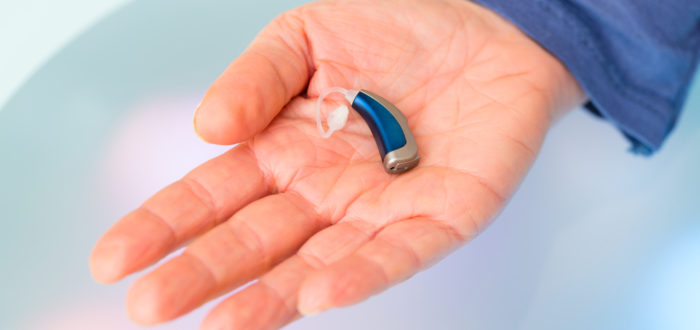If you’ve had a diagnosis of hearing loss, your hearing healthcare professional may have recommended that you use hearing aid devices to improve your listening ability. Hearing aids are incredible little devices. They can open up a world of sound that you may have forgotten.
It’s important to remember that it can take some time to adjust to new hearing aids. Don’t rush into things. Take the time to adjust to your new listening experiences. We’ve put together these tips to help you adjust to your new hearing aids.
Tips to Adjust To New Hearing Aids
Keep a hearing journal – Accepting that you have a hearing loss is a difficult first step, keeping a journal will help you look back and recognize how far you have come.
Be positive – You are far more likely to succeed on this journey to better hearing if you can muster a positive attitude. Accept that any discomfort is temporary, and the payoff is huge!
Be curious – Take some time to learn about how hearing works. This will help you understand how the brain works in cooperation with your other senses, i.e. to help you know where a sound is coming from.
Have realistic expectations – Your hearing loss will most likely have taken time to occur, and a hearing aid cannot instantly restore all that has been lost. Now that you’re hearing sounds that you have been missing, it can all be overwhelming. Accept it will take time to relearn some listening skills and for your brain to create new neural connections.
The more you wear your hearing aid, the quicker these things happen and the less energy and concentration it takes. Think of the process much the same as learning to drive or starting a new fitness regime. (Be sure to get plenty of rest too.)
Patience and persistence – It can feel uncomfortable when you first start wearing a hearing aid. We recommend you gradually build up how long you wear it for. Start with an hour a day in a quiet, comfortable environment. Before you know it, you’ll be wearing them all day. Remember to remove them at night to give your ears and brain a rest.
Don’t change any settings! – Things will seem loud; this is normal! Please try to avoid changing the volume or settings. Remember that your brain is simply adjusting to a new baseline hearing level. If after a few days of wearing your hearing aids you’re still finding things too loud, book an appointment with your hearing healthcare practitioner. They’ll be able to check the settings of your hearing aids are suited to your day-to-day environment.
Try to make it fun – You don’t have to just wait for things to get better, there are some fun activities that will help you adjust quicker:
- Get friends and family to play listening games with you. Try sitting with your eyes closed. Get your friend or family member to make a sound in the room. Keeping your eyes closed, try to locate the source of the sound.
- Watch a film with closed captions on.
- Read a book with the audio version playing along, or read aloud.
- Listen to a song and read the lyrics too.
Need Help? Contact Us Today!
If you are due a hearing assessment, please get in touch with our hearing healthcare specialists. To book an appointment, call Regional Hearing and Balance Center at 208-497-3596 or click here to book a complimentary hearing assessment.


Recent Comments